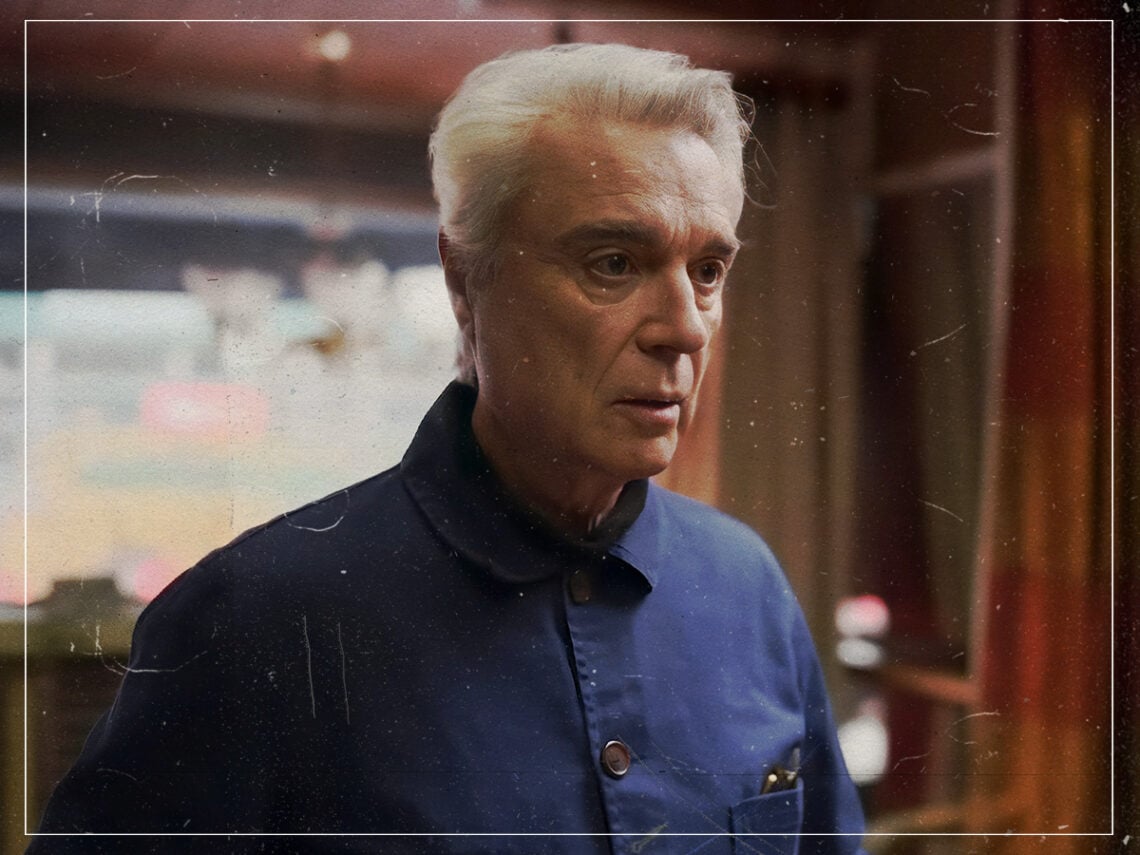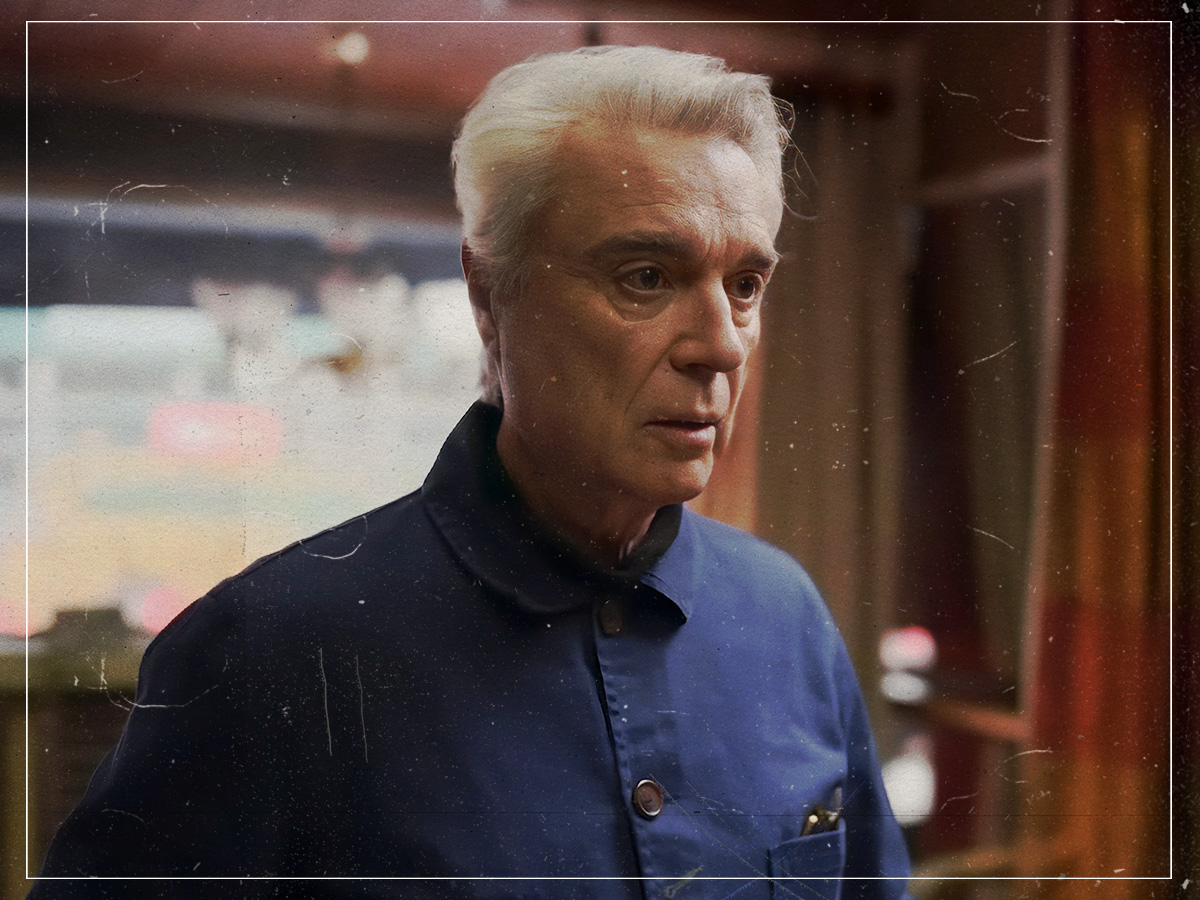
(Credits: Far Out / YouTube Still)
Thu 4 September 2025 20:45, UK
Most bands have been through a period of time when they don’t see eye to eye. In fact, you’d be hard-pressed to find a band that hasn’t had a disagreement at one point or another.
From the start, Talking Heads were a walking paradox. “Everything we did was texturally entirely different,” Tina Weymouth once said. She attributed their qualities to being an “interesting mix of people”, each approaching their music from completely different angles.
“Chris came from the steel town of Pittsburgh and understood that raw Black American sound,” she said, explaining the working formula, “Then, there were myself, David and Jerry, who had been exposed to a lot of European classical music. So when you combine the African-American rhythms with that European melody, you get Talking Heads.”
This weirdly enticing clash eventually turned into a band people would find impossible to define. They’d come from the New York new wave scene with players like Blondie and Television, but they still played an entirely different game, bridging the gap between world music and post-punk in a way that shouldn’t have even been possible.
At the forefront of it all was David Byrne’s unique frontmanship. Unlike his peers, he didn’t take to the stage with a palpable confidence or rockstar-esque energy, or conduct himself the way you’d expect the face of one of the biggest bands in the world to. He appeared a little trepid, paranoid, knocking about in a suit three sizes too big, perhaps, the perfect demeanour for a band that looked at all the ways society made people feel inherently worrisome.
Looking back, all you see is an iconic band at its peak. Byrne and the rest lit up a fire on stage, even if the flames didn’t always fan out as expected by audiences. Most of the time, it was their weirdness that kept you looking, and obviously, the music, which was just in a completely different lane than anybody else’s at the time. “They were rarefied times,” Weymouth later said, and that they were like a weird time capsule that might not have even existed at all.
But behind the creative excellence, which came in spades, were tensions brewing beneath the surface. We all know how much of a genius Byrne is, but his attitude didn’t always work for everybody. According to Weymouth, he’d sometimes say one thing and mean another. “David’s a very different kind of person,” she told The Guardian, “He doesn’t relate emotionally to things”.
It’s an easy analysis for anybody, but even Byrne eventually became aware that he might not have made things easier for those around him, especially when frustrations on Weymouth’s part became so public. But mostly, he recognises that this came about because he was so focused on something else that he didn’t have space for anything else. For instance, the obsessive state he went into around the Speaking in Tongues tour made him strange to be around.
“I was probably a little bit less forthcoming [back then],” Byrne explained, saying that most of this came from periods when he was “singularly focused on getting something accomplished”.
He went on, “That was a real obsession. I can imagine I must at times have been a real pain in the ass to deal with. The shows were fine, but maybe the experience with me was not always pleasant.”
Related Topics

